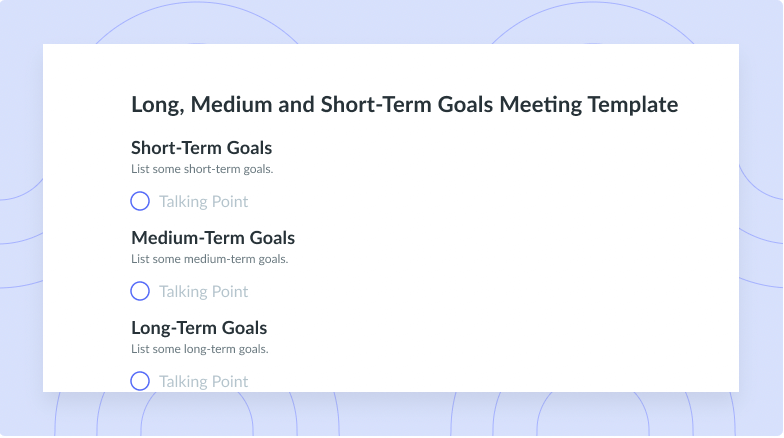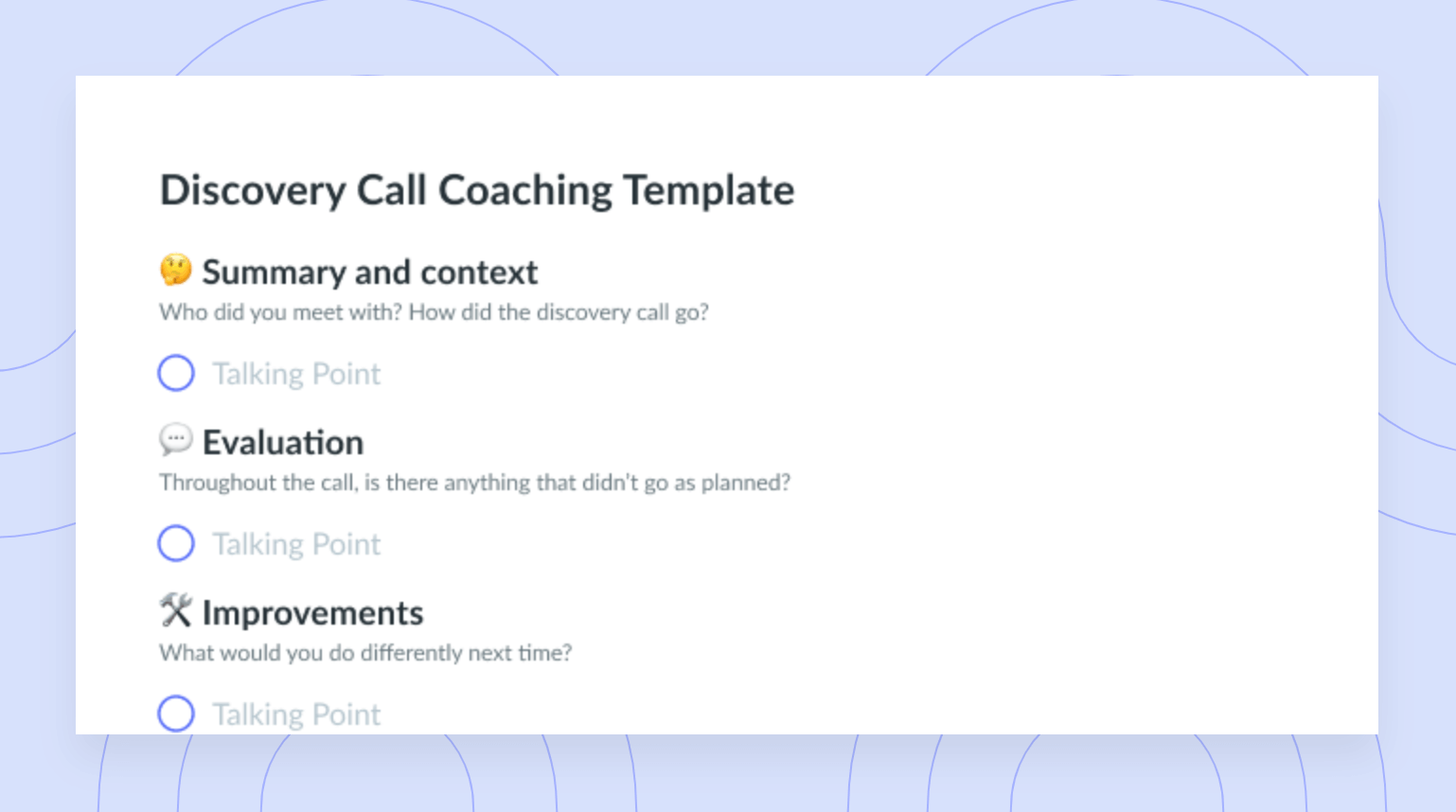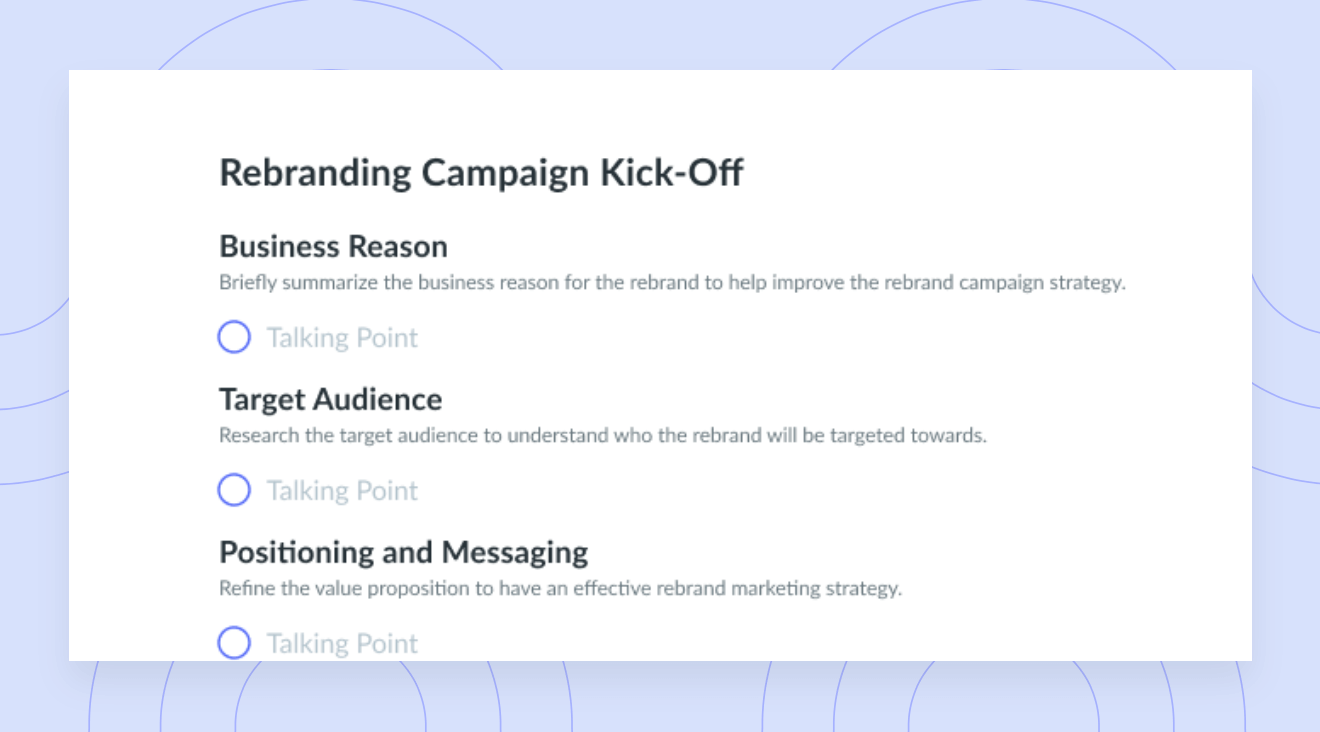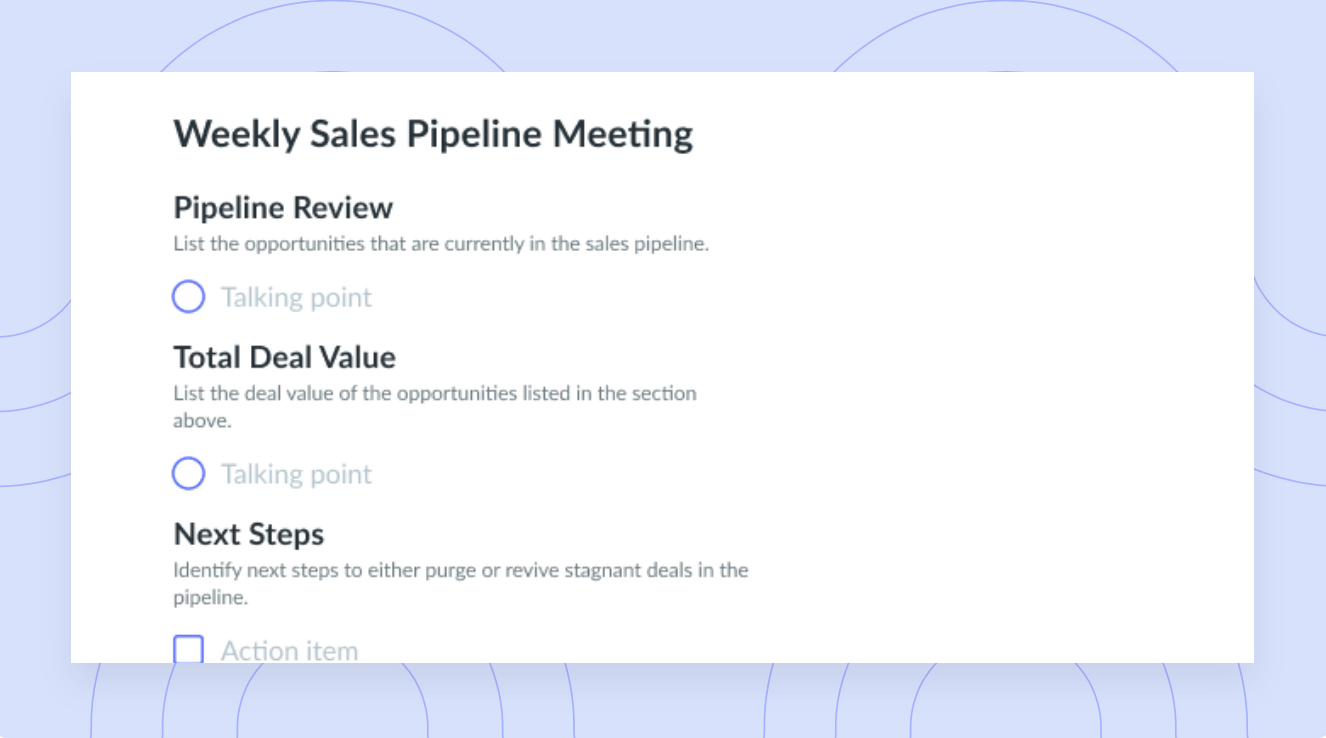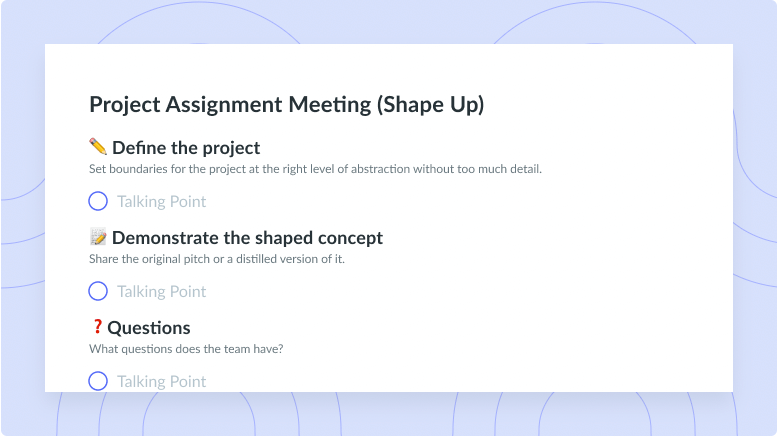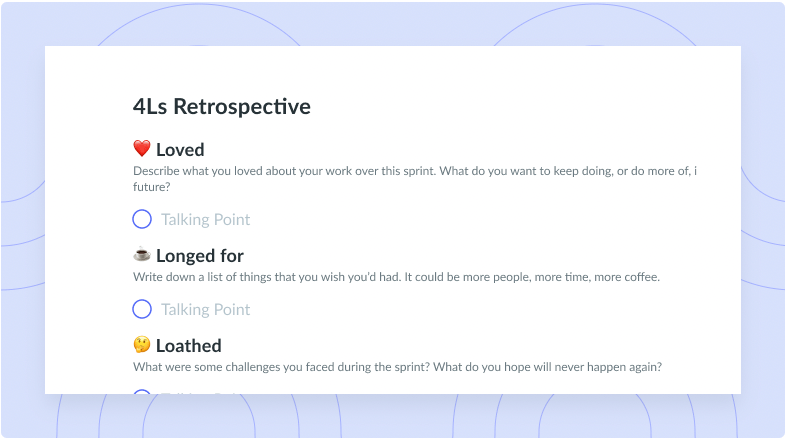10 Ways to Combat Mental Fatigue at Work
Protect your mental health to prevent mental fatigue and brain fog at work. Learn to identify what causes mental fatigue and how to combat it.
Just like our bodies can become overrun, exhausted, and sore, so can our brains. We often become drained when we take on too much, are juggling multiple responsibilities, or simply don’t know how to say no. It’s important to build self-awareness so you can determine whether you’re experiencing mental fatigue and so you can reduce your stress, prevent burnout, and protect your mental health as a result. There are several ways to avoid exhaustion and catch your mental fatigue symptoms before the fatigue spirals into a more serious issue. For this reason, this article identifies what mental fatigue is, what causes it, and how to minimize its effects.
What is mental fatigue?
Mental fatigue is often described as brain fog. Typically, it’s being unable to concentrate, feeling disorganized, losing track of things, misunderstanding or misreading things, and taking a long time to do tasks that would typically only take you a few minutes. Not feeling as sharp or productive as usual negatively affects your mood, and can make you feel frustrated with yourself and perhaps even irritated with your co-workers.
If mental fatigue is addressed promptly by resting and slowing down the pace of your work, it will be short lived and you’ll be back to your usual self in no time. That said, if unaddressed, your brain fog can recur, leading to burnout and more severe implications for your mental health. This is why it’s really important to identify and manage your mental fatigue as early as possible.

Stay focused
Have all your action items in one place so you know where you need to focus your energy. Try a tool like Fellow!
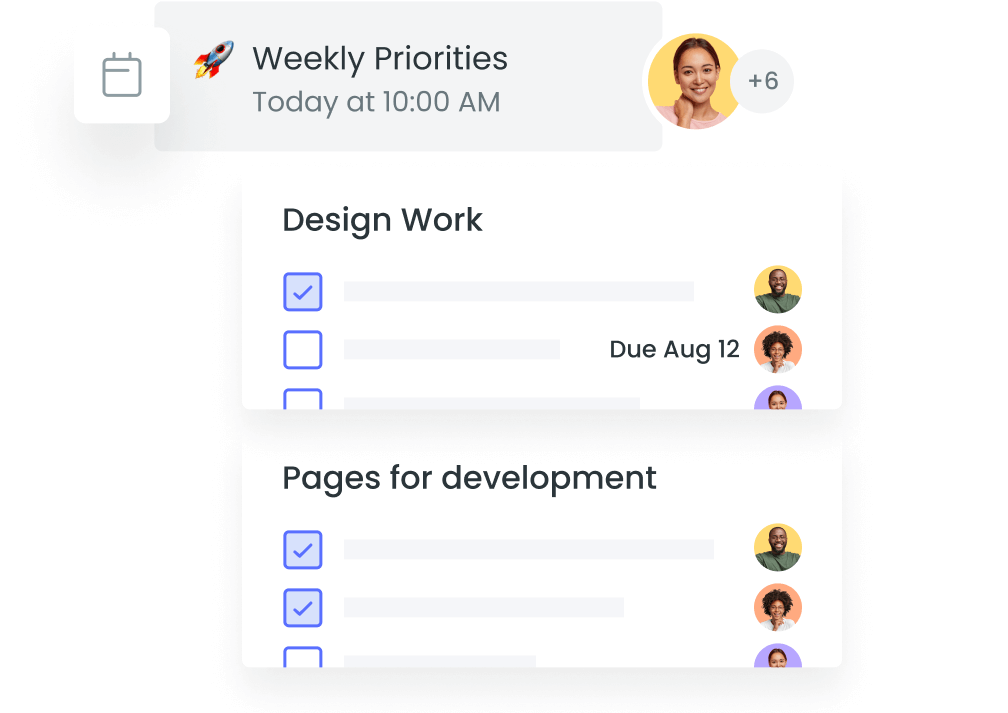
What causes mental fatigue?
Typically, mental fatigue is caused by several different factors, and not one alone. These factors could be things like sleeping poorly in combination with not hydrating enough and taking on an impossible workload. Spreading your attention across too many things (at work and in your personal life) tends to exhaust the brain. It can be exhausting to even acknowledge all that you have to do, be it decisions that need to be made, information you need to process, streams of communication with which you need to stay up to date, emails you need to answer, daily responsibilities and project deadlines you need to handle, meetings you need to attend, not to mention the chores you need to get done once you’re home. Having too much on your plate is ultimately what causes mental fatigue. Our society glorifies productivity over health, and it’s time to reconsider which is more important, and which is more sustainable.
10 ways to combat mental fatigue at work
- Take technology-free breaks
- Stay hydrated
- Note your ultradian rhythms
- Plan your tasks around your energy
- Step outside
- Talk to your colleagues
- Use the ‘touch it once’ rule
- Learn how to say no
- Create work-life boundaries
- Break tasks down
1 Take technology-free breaks
It’s pretty much impossible to hold down any job without being on your phone and laptop for the majority of the day. For this reason, it’s so important to take technology-free breaks. Whether it’s by going for a walk and listening to music, reading a book, or simply sitting in silence, we need to give our brains a break from constantly staring at screens. Taking some time away from your phone and your computer is going to help you maintain your alertness and reduce feelings of exhaustion.
2 Stay hydrated
It may sound simple, but staying hydrated is one of the easiest and most effective ways to increase your energy levels and your ability to concentrate. Even being mildly dehydrated can have a negative impact on your cognitive performance at work. Drink plenty of water and be sure to counteract the caffeine you’re drinking with some H2O afterwards. Not only is staying hydrated a great way of combating mental fatigue, but it also has a plethora of health benefits associated with it, so you may as well make this a non-negotiable for yourself at work.
3 Note your ultradian rhythms
Ultradian rhythms are the ebbs and flows of energy that we experience throughout the day. These rhythms affect our cognitive functioning, our moods, and of course, how energetic we feel. They’re driven by physiological processes like our hormone levels, cardiovascular health, metabolisms, and sleep patterns. Since we’re all unique individuals, people experience ultradian rhythms at different times of the day. For this reason, it’s a great idea to take some time to build some body awareness and note your energy levels throughout the day for a few weeks. Once you identify your high and low energy times, you can plan your work around them.
4 Plan your tasks around your energy
When you feel you have quite a lot of energy, consider working on important tasks that may not have a specific deadline (not urgent and important tasks). You can also focus on “deep work” tasks, meaning the ones that require a significant amount of focus and cognitive energy. You should also consider giving your attention to any planning that is required, as well as to important decision-making tasks when you have higher levels of energy.
When your energy levels are low, consider tackling personal administrative tasks, responding to emails, reading articles, working on smaller tasks that don’t require a lot of cognitive energy, or finding ways to be creative with your work or organizational tasks.

5 Step outside
Sometimes, we feel that we have so much to do that we can’t even stop to grab a coffee, so we end up sitting in front of our computers for lunch… Don’t do that. Get outside of the office and into some fresh air. Doing so will improve your state of mind, give you a positive distraction from your work, and overall help you feel better than if you had stayed in the office. A dose of nature does wonders, so if you work close to any parks, forests, or natural areas, they’re more than ideal spots to take a break.
6 Talk to your colleagues
We often feel like socializing when we have a lot to do is wrong and unproductive, but this simply isn’t true. Taking social breaks to chat with your colleagues about topics that don’t relate to work can actually help reduce stress and boost your mood. Having a heavy workload can feel isolating, so this is a mutually beneficial way to reduce both yours and your colleagues’ stress and to check-in on others to see how they’re doing in general. Better yet, head out on a walk outside with your colleagues to reap the fresh air and social benefits together.
7 Use the ‘touch it once’ rule
The ‘touch it once’ rule is the idea that as soon as you ‘touch’ something, whether it’s opening an email or beginning a project task, you act on it right away. Instead of flagging the email to respond to it later, you simply get it done. For the project task, whether it’s actually completing the actionable item or determining the steps that will be required to complete it, you don’t wait to start on it. Acting on tasks right away improves productivity and gives you less to worry about (and procrastinate about) later on in the day or week.
8 Learn how to say no
Many individuals find it difficult to say no because feelings of guilt can surface from not helping out. Sometimes saying no can feel like you’re not being a team player. That said, saying yes to everything and becoming overwhelmed is neither healthy nor productive, because the quality of your work is hugely affected when you take on too much. Learning how to say no actually shows your coworkers and manager that you aren’t saying no because you don’t want to lend a hand, but because you know your limits and respect your own boundaries so you don’t become run down. Remember, we can’t be of help to anyone if we’re mentally exhausted and spiraling towards burnout.
9 Create work-life boundaries
Creating work and life boundaries are important so the two spaces remain separate. Creative work-life boundaries can be making it known that you won’t respond to emails past 6:00PM or on weekends, that you won’t answer phone calls outside of working hours, and that while sometimes you may be willing to work late, it’s not the norm or what your colleagues should expect from you on a typical basis. Creating work-life boundaries also means that while you’re working you limit sending texts, scrolling Instagram, and making tons of personal calls.
10 Break tasks down
When you’ve got a lot to do and you feel like you’re in a mental slump, try breaking down larger responsibilities into microtasks that are more manageable and much easier to achieve. Your microtasks should take no longer than 10 minutes to complete. This way, even if you’re still experiencing some mental fatigue, you’re making some progress on your workload and you’ll feel motivated by this sense of accomplishment. Doing something, no matter how small it may be, is always better than sitting unproductively without taking any kind of action.
Parting advice
If you’re experiencing mental fatigue, know that you’re not alone. In fact, most people experience some degree of mental fatigue every day. Confronting your mental fatigue isn’t as difficult as it may seem, and there are so many ways you can take care of yourself and your health so you can feel happier and more efficient at work. Make sure that you’re paying attention to your signs and symptoms of brain fog so you can tackle them before they become a bigger issue. Try using some of these tips to help you combat mental fatigue and recognize that taking care of yourself always takes precedence over being productive.






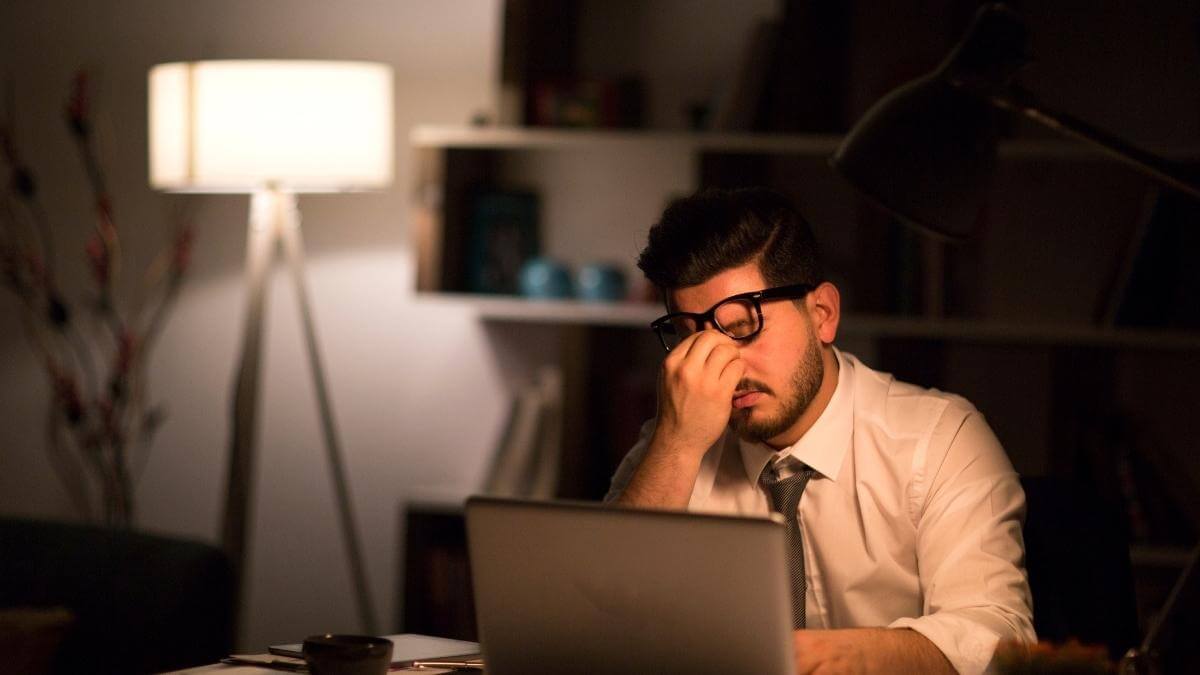


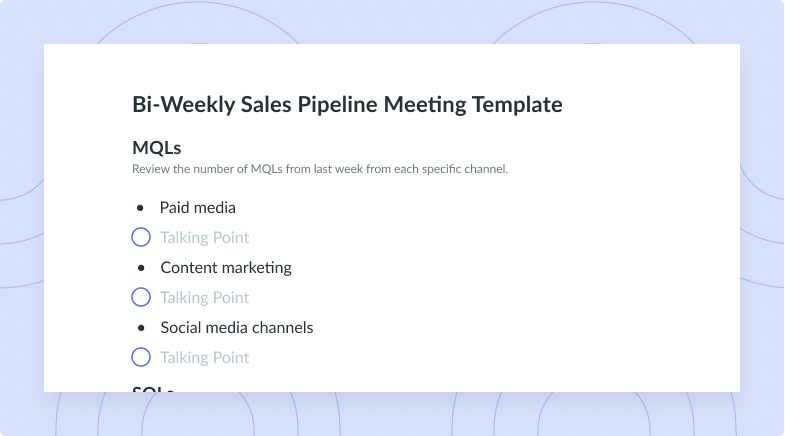
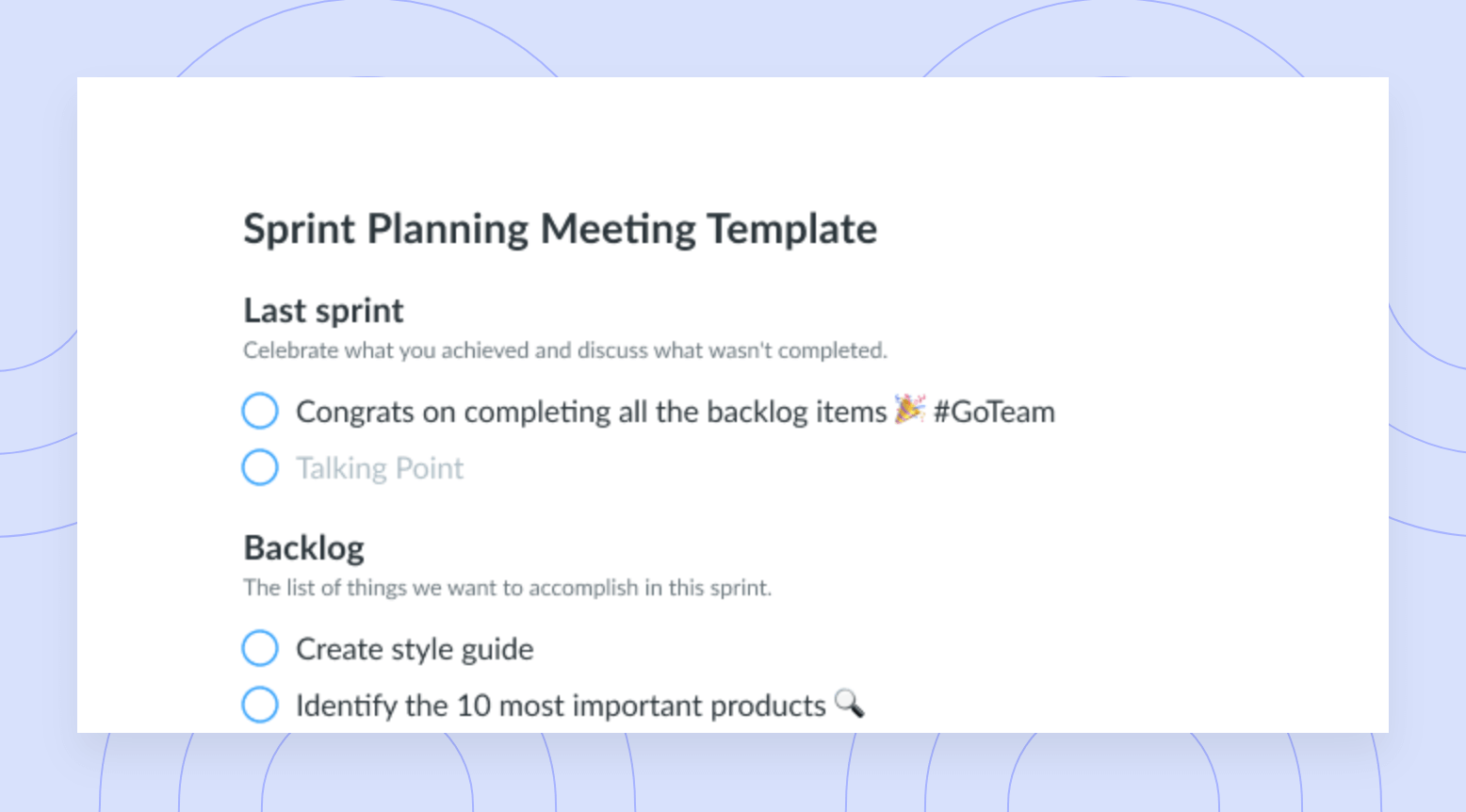
![What? So What? Now What? [Reflection Meeting] Template](https://fellow.app/wp-content/uploads/2021/08/What-So-What-Now-what-preview-v2.png)
